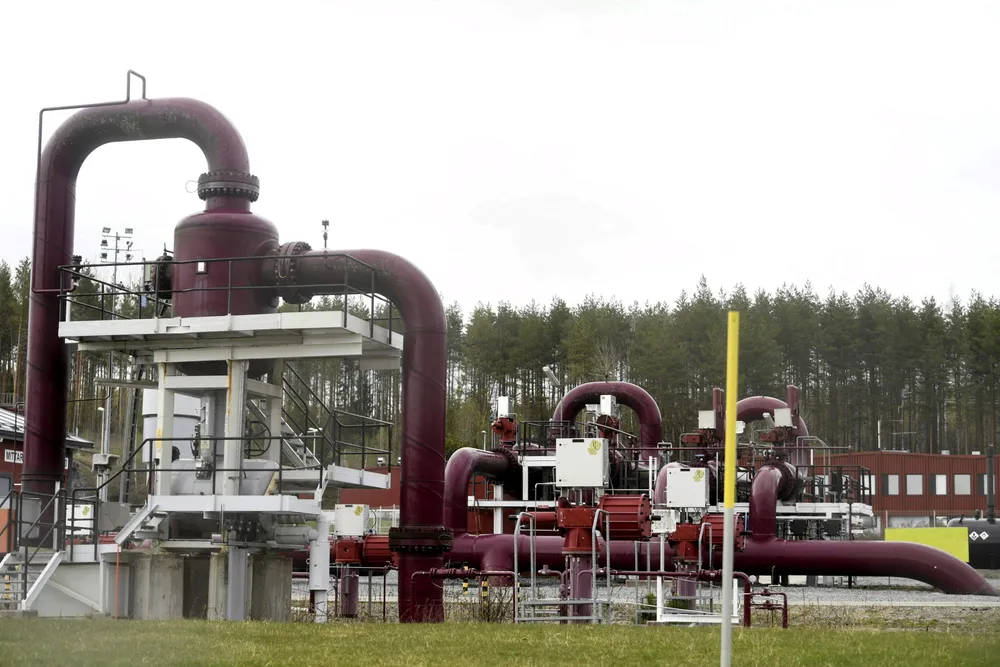Ukraine's operator warns of full halt in Russian transit gas supplies
Russian gas shipments to Europe continue to decline despite optimistic statements from country's top officials

Russian gas shipments to Europe continue to decline despite optimistic statements from country's top officials
